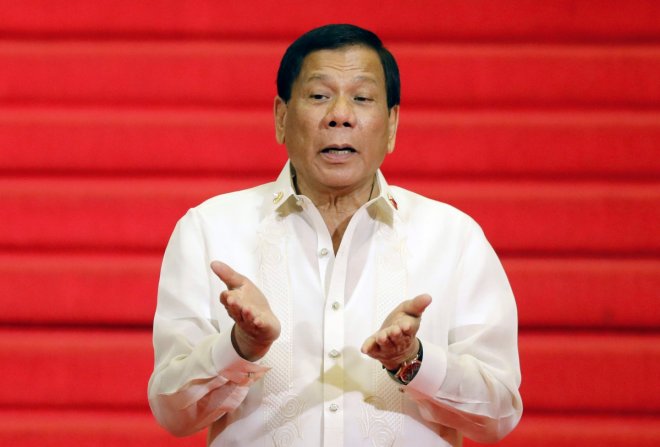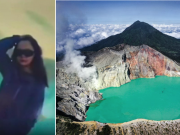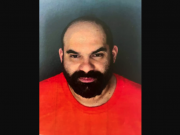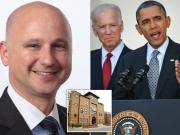
Despite the increasing popularity of Philippine President Rodrigo Duterte in all local poll bodies, there are still disgruntled groups who have been initiating moves to launch destabilization moves against the tough-talking president.
These intelligence reports were confirmed by no less than Armed Forces of the Philippines (AFP) Chief of Staff, Major General Restituto Padilla, who said that Maoist rebels and lawless armed groups in the Southern Philippines are initiating destabilization moves against Duterte.
Padilla made this announcement a few days after Duterte told the public that the communist rebels and disgruntled influential people affiliated with the previous administration are convening to oust him.
Padilla said that they have been monitoring movements of leftist groups, not only in Mindanao but in other regions as well.
Padilla said that they have received reports of disgruntled political groups. But what they are more concerned about are the armed groups who wanted the President out of office. Duterte presently holds the chairmanship of the ASEAN community, a subregion and an economic bloc represented by 10 countries.
"On the political side, there are other government agencies monitoring political organizations linked to the plot but the AFP is concerned more on the armed group's destabilization plot because their goal is really to take over the country," Padilla said.
Reports of communist rebels planning to take over the country loom after the peace dialogues between the New People's Army (NPA) rebels and the Philippine government representatives collapse in 2017.
Duterte lambasted the NPA rebels' sincerity to have peace in the region because the rebels resort to killing Philippine soldiers and raiding police detachments despite the on-going peace talks between the government and communist rebels. Duterte said that he no longer wanted to talk to the Maoist rebels because of their series of attacks against security forces.
Meanwhile, human rights groups have also criticized Duterte's policy of war on drugs, accusing the Philippine government of resorting to extrajudicial killings (EJK). About 6,000 illegal drug suspects and traders have been killed and critics claimed most of the deaths were caused by EJK.









